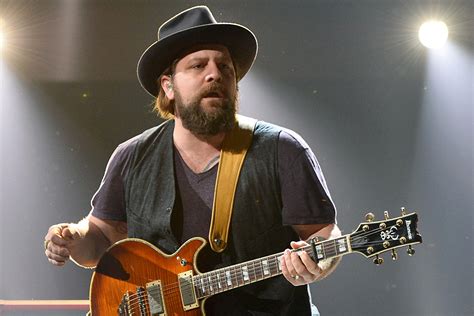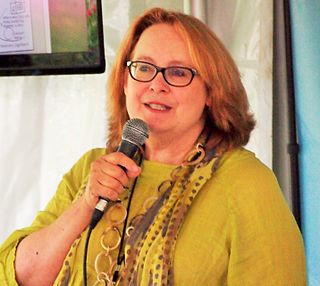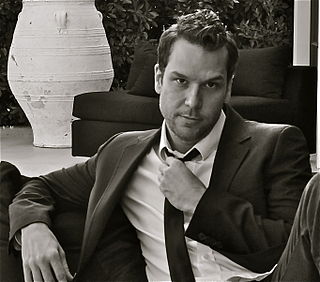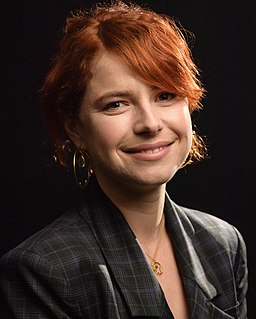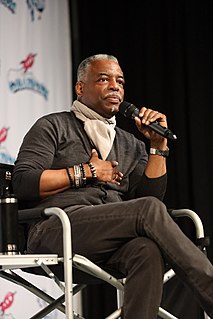A Quote by Kwame Alexander
That’s all you really hope for from a book – that it’s going to resonate with young people and empower them in some way. I believe poetry can get kids reading.
Related Quotes
And look, we have young people in this country who are thirty years old living with their parents. We have young people in this country who don't have jobs, who graduate from college and are fed the lie of meritocracy. "You get a degree, you get a job." That's not happening. We have young people who have become the Zero Generation: zero hope, zero employment, zero possibilities. Do we really believe that this young generation is going to stand by and not take note of an economic system that - however it calls itself - has completely betrayed them?
As a children's author, you get to advocate for reading and writing in general, in a way an adult author might not be able to. It's a really interesting dance we do to get literature into the hands of young people and to help them to become literate and become readers; we want them to grow up reading and continue to do so when they're adults.
I don't believe in censorship, but I do believe that an artist has to take some moral responsibility for what he or she is putting out there. And I think a lot of these young kids are going
to have to learn the hard way before they realize that you can actually do some damage if you're being careless or frivolous in what you're saying.
If you can find two poems in a book, it could be a pretty good book for you. You know, two poems you really like. There are some poets who are fairly big names in contemporary poetry and who write a book and I might like three or four poems in the book, but the rest of them don't appeal to me personally; but I think that's the way it really ought to be. I think it's really a rare thing to like everything that somebody has written.
The best way to get kids to read a book is to say: 'This book is not appropriate for your age, and it has all sorts of horrible things in it like sex and death and some really big and complicated ideas, and you're better off not touching it until you're all grown up. I'm going to put it on this shelf and leave the room for a while. Don't open it.
I myself discovered many authors through school reading lists and through school anthologies. The positives are: young readers can find the world opening up to them through books they study. The negatives may include bad experiences kids have - if they don't like the book or the teacher, or the way the book is taught.
As for the differences between audio and the printed page, the sonic aspects of poetry are important to me. I read my poems aloud to myself as I'm composing them. And I enjoy reading to an audience. I think people get tone more easily when they hear a writer read her work. Some people have told me they hear more humor in my poems at a live reading than when they see them on the page. I think that may be a matter of pacing. On the other hand, I've listened to a lot of poetry readings and I know how much you can miss. If you stop to really register one line, you miss the next three or so.

